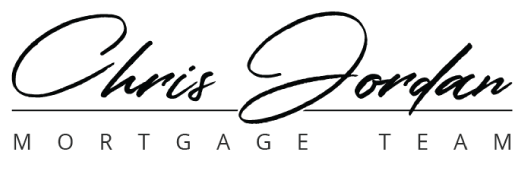Credit scores can range from 350-850 points, depending on which scoring model is used. Regardless of which scoring model is used, there are some universal steps that anyone can take to maintain or improve their credit scores. Since creditors use credit scores to determine credit worthiness and the cost of credit offered, it makes sense to try and achieve the highest credit scores so that you can be offered the best rates and terms for any credit you apply for.
Here some of the most important rules to follow:
Payment history
- Avoid late payments. Set up automatic payments to insure payments are always paid on time.
- Set up email payment reminders. If you don’t like auto draft payment, have your account email you a reminder before the bill is due. Many creditors offer this option.
- Avoid collection accounts, liens and judgments – Anytime you receive a parking ticket, medical invoice or the like; make sure you pay that bill off immediately. If you lose the bill or forget to pay it, a derogatory account is sure to land on your credit report and negatively impact your credit scores.
- Do not cancel credit cards. Even if you do not plan on using a credit card any longer, do not cancel it. Once a card is cancelled, you lose your entire payment history on that card, which impacts your length of credit history. Be sure there is not an annual fee you have to keep up with each year.
Revolving accounts (credit cards)
- Keep your credit card balances at or below 30% of the available limit. Maxing out your credit cards or using a high % of your available credit will lower your scores.
- Request to have your limits increased. This can lower your overall % of utilized credit.
- Avoid store credit cards. Stick with major credit cards only.
- Add or remove authorized user accounts. Being added as an authorized user to a high limit, strong history credit card with a low balance can boost scores quickly. Inversely, getting yourself removed as an authorized user from a credit card that is maxed out or has late payments can help boost scores.
- Redistribute your debt. Balance transfers and installment loans can be used to eliminate high interest credit card debt and maxed out credit cards.
Derogatory accounts (collection accounts, judgments, liens, etc.)
- Focus on paying off accounts from the most recent two years first. Derogatory accounts tend to have less impact after 24 months.
- Before you pay off a derogatory account, be sure to speak with the creditor to make sure they will provide a “paid and removed letter”. The letter should confirm that the debt is paid in full and that the credit bureaus will be notified to have it removed from your credit.
Misc.
- Avoid opening any new accounts before you pre-qualify for a mortgage. Newer accounts with less than a six month payment history can lower your credit scores and you don’t want to do this right before you pre-qualify.
- Avoid applying for credit frequently. Multiple credits inquiries every month for different types of credit can lower your scores slightly over time. When shopping for a car loan or mortgage, try and do all of your shopping and credit checks within a 3-4 week period.
- Don’t let your fear of having your credit checked make you wait until the last minute to apply for credit. Don’t find out at the last minute that your credit can use some work. Pre-qualify early, to make sure that everything is in order.
- Don’t trust the credit scores provided by your credit card company, or online credit monitoring sites. Typically, those scoring models are completely different. Don’t wait until the last minute to find out that your actual FICO score is 50-100 points lower than you thought.
- If you make a mistake (such as miss a payment) be sure to contact the creditor and make the payment immediately. If it is your first offence, you might be able to get off with a warning,
- or small penalty, vs. a late payment being reported to the credit bureaus. Once a late is reported, it may not be possible to have it removed unless you have written evidence from the creditor that it was an error.
Credit scores change constantly as account balances and payment histories are reported each month. Different creditors report to the credit bureaus at different times of the month, so the credit scores associated with each credit bureau could be different on any given day. When a credit report is ordered, the report and scores are simply snapshot of what is being reported on that day. Almost everything on a credit report can be fixed or adjusted to optimize credit scores, but the key is to be proactive vigilant with your accounts, so that you never run into credit issues in the first place. Credit repair is always possible; however, it is not always a fast process. If you have plans to apply for credit, be sure to obtain a copy of your free annual credit report to insure your credit report is up to date and accurate.
QUESTIONS?
Click HERE to connect with us, or to have us contact you
Curious if you qualify? – Call or email us directly, or Pre-Qualify Here
Call us at (240) 670-5090 or email us at CJMT@mainstreethl.com

